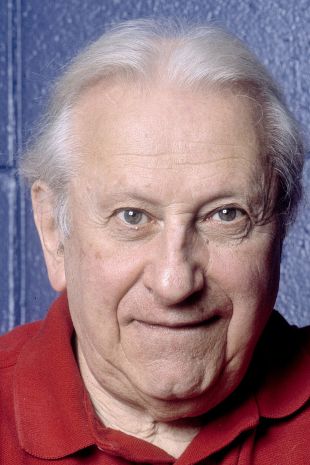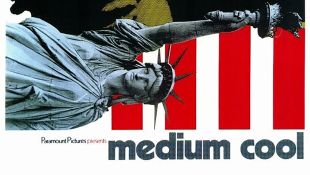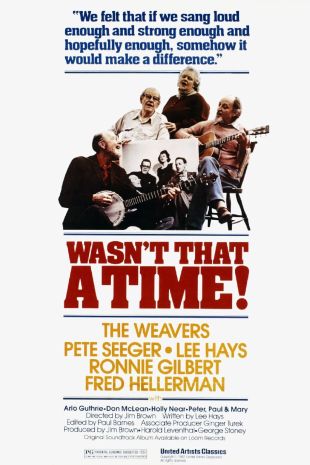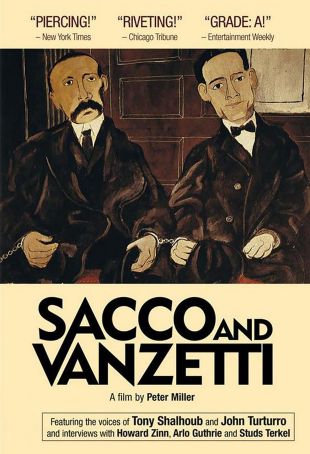In many respects and on many levels, the name Studs Terkel and the concept of oral history are fully synonymous. An advocate of a concept he christened "guerrilla journalism," Chicago-based radio host and Pulitzer Prize-winning author Terkel believed that the greatest truths and insights about social and cultural history could be obtained through the rich, fond, detailed recollections of ordinary men and women who lived out various periods. Terkel also felt a direct obligation to preserve these memories and spent his life and work doing exactly that.
A Bronx native, born in 1912 as the son of a tailor father and Polish immigrant mother, Terkel endured a fairly miserable childhood, given his father's status as an invalid and his mother's severe emotional problems that led to continual bursts of rage (and deprived her of any warmth). Terkel moved to Chicago with his family at a young age; after earning his undergraduate degree in philosophy and his master's in law from the University of Chicago but failing the bar exam, Terkel went through a succession of jobs, including a post at the Federal Emergency Relief Administration in Chicago and a stint as a treasury bond counter in Washington, then returned to Chicago and began authoring scripts for WGN radio and the Federal Writer's Project. At about this time, he also dropped his birth name, Louis, in favor of Studs -- a tribute to James T. Farrell's Studs Lonigan. Terkel endured a short stint in the military during WWII (capped off with a medical discharge), then subsequently found his greatest passion in radio, as a news writer, commentator, and broadcaster, and enjoyed a succession of assignments in this venue that attained enormous popularity with listeners and made him a Chicago icon. Politics frequently played a role as well, as Terkel seldom shied away from voicing his left-leaning tendencies and often turned up to espouse liberal causes -- though this led to some extreme complications during the McCarthy era.
Terkel arguably achieved his greatest legacy on radio via his contributions to the Chicago station WFMT, where he broadcast a daily hour of news, music, interviews, and commentary for over 45 years; in fact, he played an overwhelmingly significant role in turning that station into the bastion of fine arts that it eventually became. On the side, he also established himself as a highly respected author, with the said emphasis on oral history; titles include Division Street: America (1967), the Pulitzer Prize winner The Good War (1985), The Great Divide: Second Thoughts on the American Dream (1988), and Touch and Go (2007), one of two volumes of memoirs.
Cinematically, Terkel did the majority of his work as a participant/interviewee in documentaries, such as The Weavers: Wasn't that a Time! (1982), Michael Moore's The Big One (1997), and Mahalia Jackson: The Power and the Glory (1997), though he did play a small and memorable dramatic role as Chicago personality Hugh Fullerton in the John Sayles-directed baseball drama Eight Men Out (1988). Terkel died at age 96 in autumn 2008.



